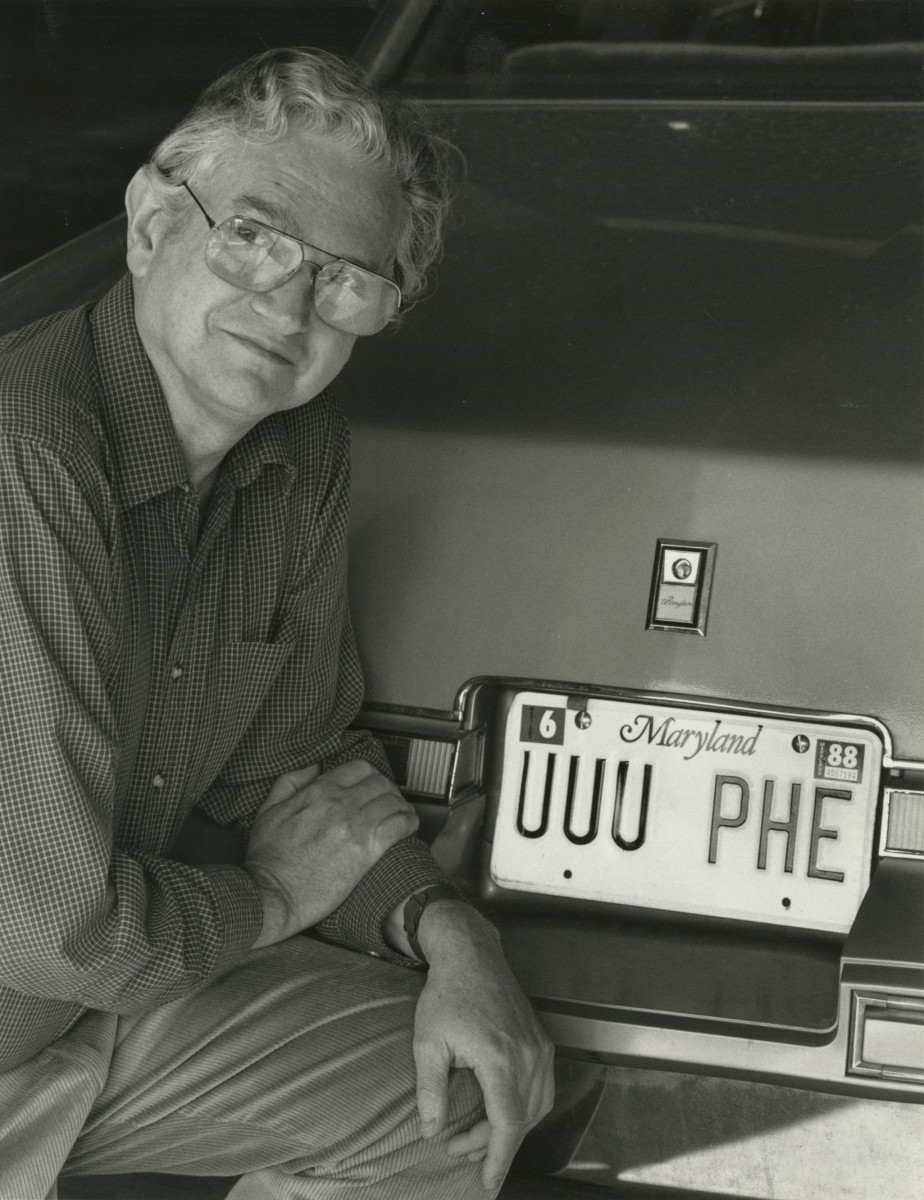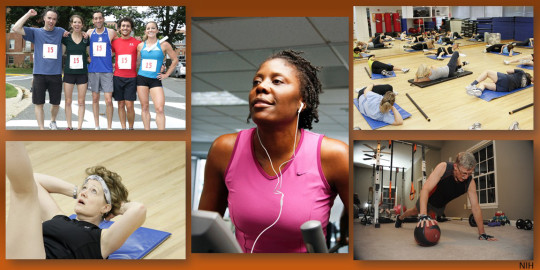Scouting Out Summer Poster Day
Annual Event Held In-Person for First Time in Four Years
A few weeks ago, NIH’s Natcher Conference Center bustled with the youthful scientific enthusiasm of IRP summer interns for the first time since 2019, the last time that the IRP’s Summer Poster Day was held in-person. At this year’s event, held on August 3 and 4, the hundreds of high school and college students who conducted research in IRP labs as part of NIH’s Summer Internship Program this year eagerly showed off the fruits of their labors — from discoveries about how weight loss drugs affect the brain to new insights into a potential treatment target for age-related vision loss. Read on to learn more about a few of these scientific upstarts and the research revelations they’ve helped uncover.






